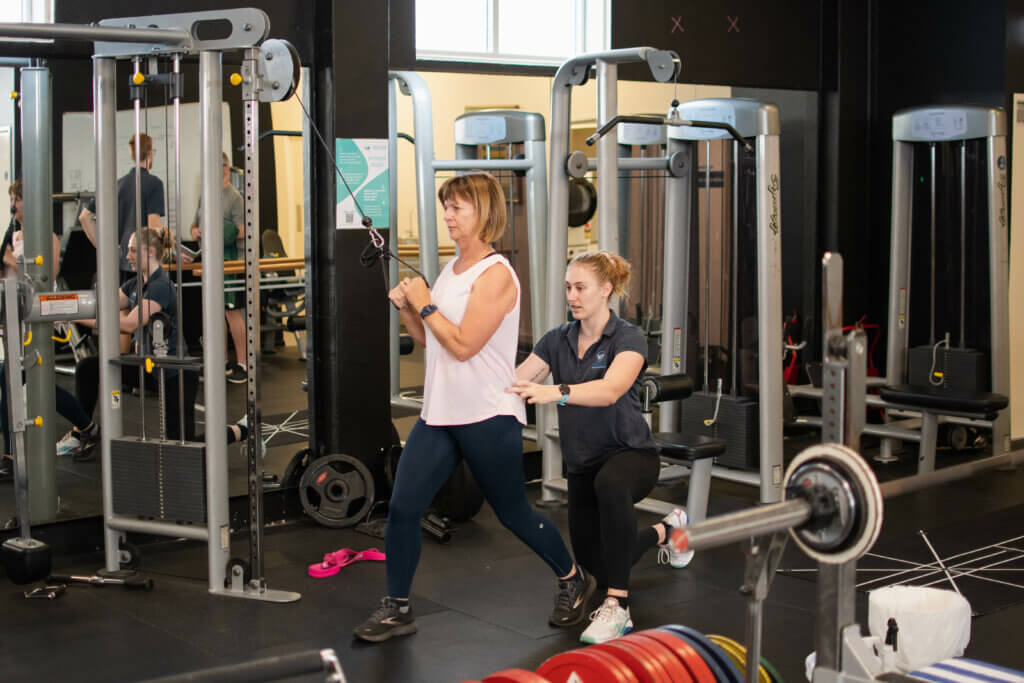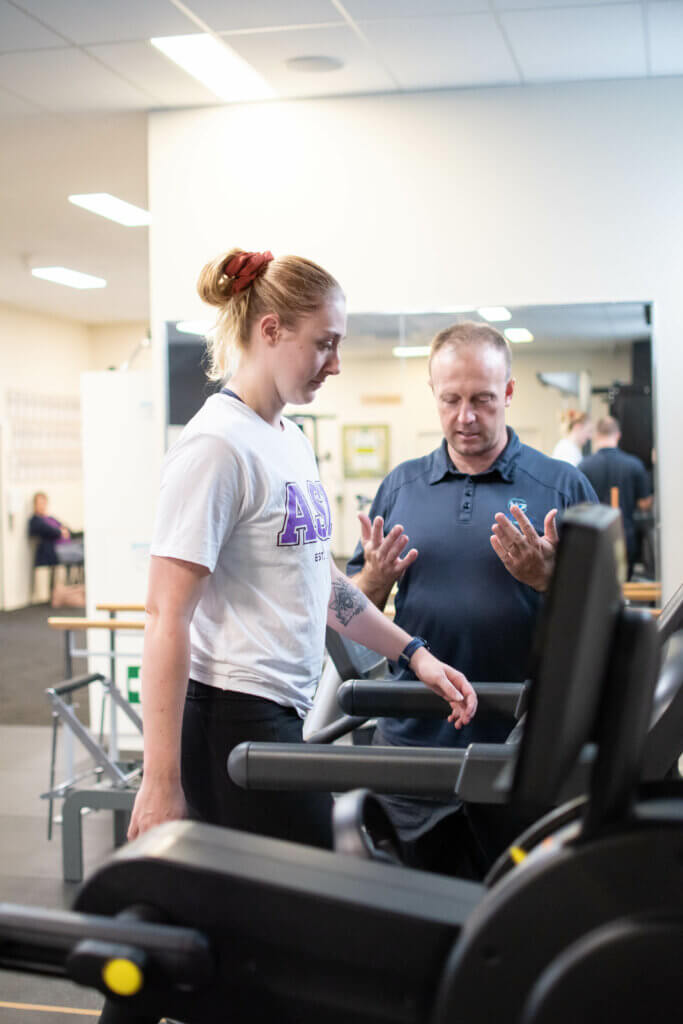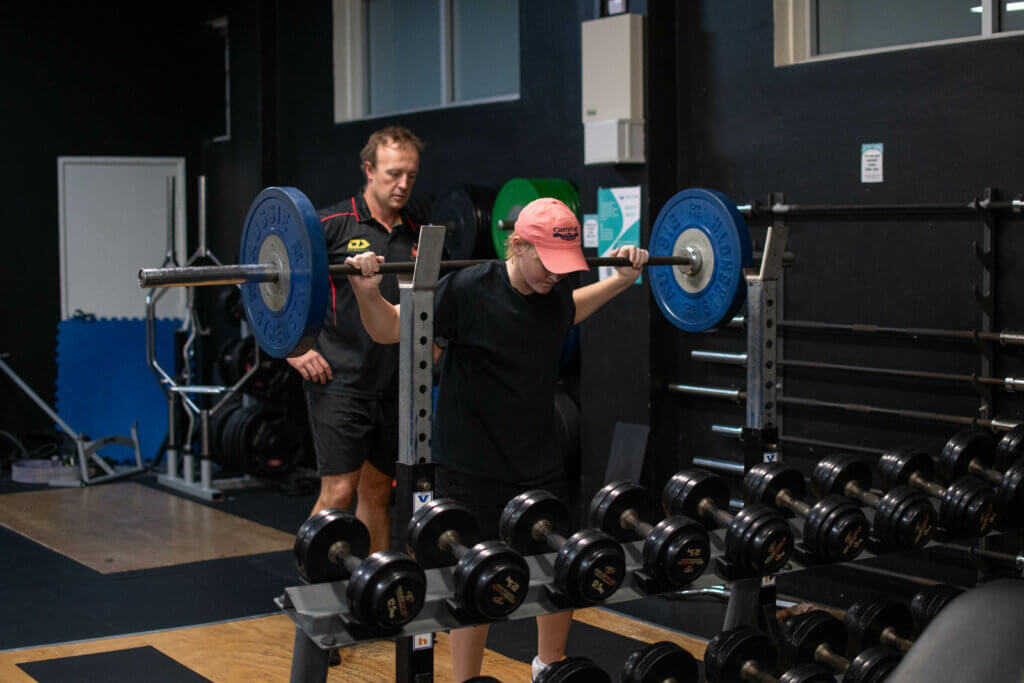Over the past 10 years, the athlete off-season arguably has grown much shorter.
Especially within amateur and sub-elite athletes, the off-season can be nearly non-existent if you play more than one sport.

So, why is it important?
Depending on what sport you play, there is a level of fatigue and overload that is present during a season, due to game play, training and other life-stressors that happen. For a sport such as AFL for instance, the running load alone in a game is hard, without added contact, changing direction and jumping to consider. Plus training on top of this load can add to the levels of stress and fatigue for an athlete.
So, the off-season is a chance not to do all that and instead just put your energy into improving your body and mind for the next season. It is a chance not to run as much, not to be tackled or tackle anybody and having some free time away from being told what to do.

However, that does not mean do absolutely nothing.
So, from my experience and reading these are some stats that present about loss of fitness and strength:
– Strength will maintain for about 3 weeks.
– Fitness is context dependent: So for swimming there can be loss in performance after 3 days. For running at high intensity this is dependent on the person but can be from 2-5 weeks of nil running to take an effect.
So, the underpinning quality that we try to build in our programming usually is strength and conditioning, hence the name of the profession!
So, when you are not running or doing a lot of aerobic activity for instance, hormonally your body will “accept”, for want of a better description stimulus that relates to muscle growth and strength and power increases. So, the off-season is where we can make you a lot stronger than within a pre-season or seasonal phase. Running in general is not good for maximal strength levels.
It also gives us the time to work on your motor control, task learning, mechanics, and technical issues that present with running for example.
We can maintain off-season fitness with as little as 1 running session per week, so that is pretty easy to achieve.
So, long and short, when we analyse an athlete’s performance, including feedback from the athlete, coaching staff and look at physical testing information and game-day specific output if available, our role is to work out with the athlete the off-season priorities to work on.
What I find is 4-5 weeks of consistent strength training at 3-4 days per week in an off-season phase where we are working on off-feet conditioning and say 1 running session a week, this is enough to make significant improvements for many athletes at the club and sub-elite level. If we can do this year after year then we can keep challenging you systemically to continue to improve all facets of your physical output and see that translate to your game within a season.
If you need help with your off-season preparation, this is the time to get into the gym or see someone to get a plan and follow this consistently to see those differences. Consistency is arguably the most valuable component of any program from my experience in working with 1000’s of athletes over my coaching lifetime.
We offer individual packages for off-season preparation that are specific to you, your sport and your situation. We work with every level of athlete and our commitment is to you and your needs. We would love to help you in your next season preparation so please reach out to us via email reception@vectorhealth.com.au or phone 07 4927 8190.

